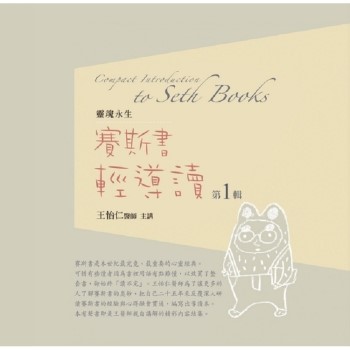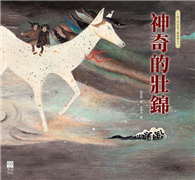The works of William Shakespeare have long been embraced by communist and socialist governments. One of the central cultural debates of the Soviet period concerned repertoire, including the usefulness and function of pre-revolutionary drama for the New Man and the New Society. Shakespeare survived the byzantine twists and turns of Soviet cultural politics by becoming established early as the Great Realist whose works should be studied, translated, and emulated. This view of Shakespeare as a humanist and realist was transferred to a host of other countries including East Germany, Hungary, Poland, China, and Cuba after the Second World War.
Shakespeare in the Worlds of Communism and Socialism traces the reception of Shakespeare from 1917 to 2002 and addresses the relationship of Shakespeare to Marxist and communist ideology. Irena R. Makaryk and Joseph G. Price have brought together an internationally-renowned group of theatre historians, practitioners, and scholars to examine the extraordinary conjunction of Shakespeare and ideology during a fascinating period of twentieth-century history. Roughly historical in their arrangement, the essays in this collection suggest the complicated and convoluted trajectory of Shakespeare’s reputation. The general theme that emerges from this study is the deeply ambivalent nature of communist Shakespeare who, like Feste’s ’chev’ril glove, ’ often simultaneously served and subverted the official ideology.
Contributors:
Alexey Bartoshevitch
Laura Raidonis Bates
Maria Clara Versiani Galery
Lawrence Guntner
Werner Habicht
Maik Hamburger
Martin Hilský
Krystyna Kujawinska-Courtney
Irena R. Makaryk
Zoltán Márkus
Sharon O’Dair
Arkady Ostrovsky
Joseph G. Price
Laurence Senelick
Shu-hua Wang
Robert Weimann
Xiao Yang Zhang












